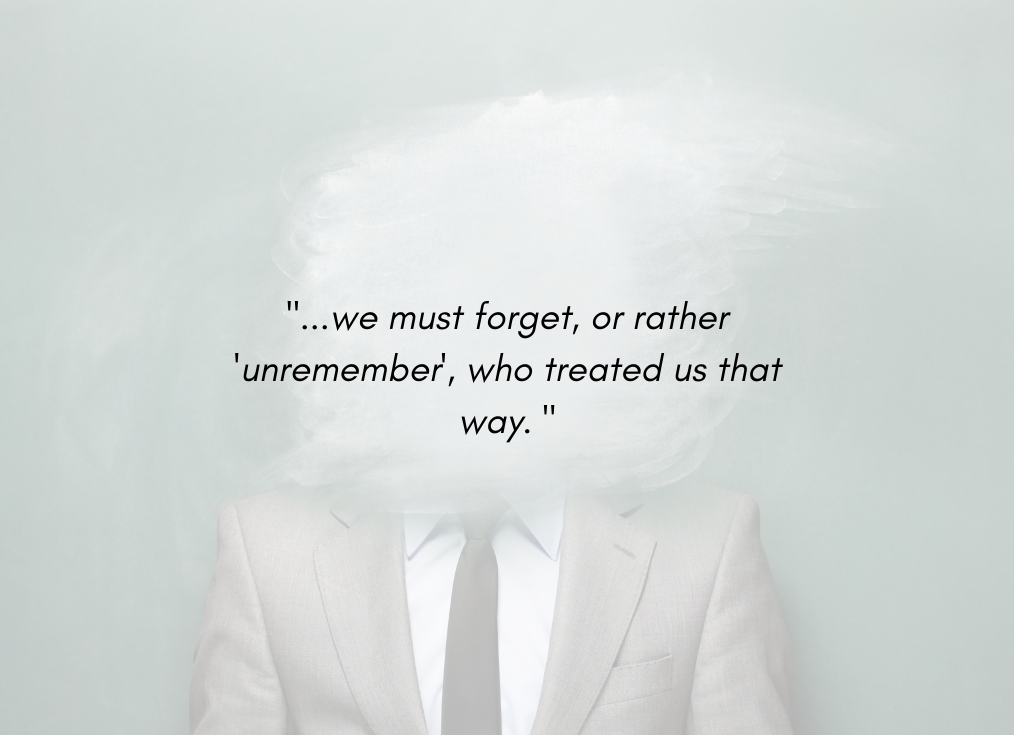Remembering to Forget

August 20, 2021
How exactly does someone “remember to forget”?
Well, that is Gd’s closing edict in this week’s Torah portion, Ki Teitzei. We are told to “remember what Amalek did to [us]” (Deut. 25:17), followed two verses later with the command “to wipe-out our memory of Amalek.”
Our sages discussed this seeming contradiction through intricate dissections of the word structure, verse tense, and a variety of other literary nuances. However, I believe that because of my thirty-plus years of working in the Jewish community I was able to resolve this dilemma with much greater ease… remember the what and forget the who!
As humans, we learn through trial and error. From the earliest of ages, we experience life through experimentation. Sometimes we gain positive rewards, and sometimes we learn what not to do. As we grow, these same instincts carry into our relationships where we develop healthy connections with some and are rejected by others. This is the human way.
However, as humans, we are also able to form memories and develop habits and behaviors based on our past experiences. Yet, the challenge, which we are taught about in this week’s Torah portion, is to separate the who from the what. Because we are rational and emotional beings, we naturally remember who wronged us and learn to stay away from them (and others like them), versus those who supported us and to whom we gravitate and develop a circle of friendships based on trust and similarities of character. But that is not how Gd is recommending we behave.
In fact, Gd is overtly telling us that while it’s important to remember how we were treated and to work to avoid experiences like this in the future, we must forget, or rather “un-remember”, who treated us that way. Humans tend to hold onto grudges. Some hold them longer than others, and yet some simply never forget.
Although it makes chronological sense, I had never made the connection that this Torah portion fell in the month of Elul. The Hebrew month leading into the Jewish high holy days of Rosh Hashanah and Yom Kippur. The month of Elul is intended to “wake” our souls through self-reflection and prepare ourselves to repair broken relationships, correct our errant ways, and share our apologies to those we might have wronged during the last year.
With this newfound perspective, I encourage us all to reflect on this past year and to consider if there were any moments where we can separate a lesson learned from the what, with the who it might have been attributed to, and to reach out to see if that relationship can be repaired. In a year when we have learned just how important the sense of community really is, and how some have struggled through periods of isolation like no other in their lifetime, let us not focus on the who did the what, but remember that we are Stronger Together!
May we all find great happiness in repairing even one of those relationships that may have been broken over time. Because only by building our relationships can we continue to build community enabling the Jewish Federation to be…
HERE for you.
HERE for our community.
HERE for our future.
Shabbat shalom,

